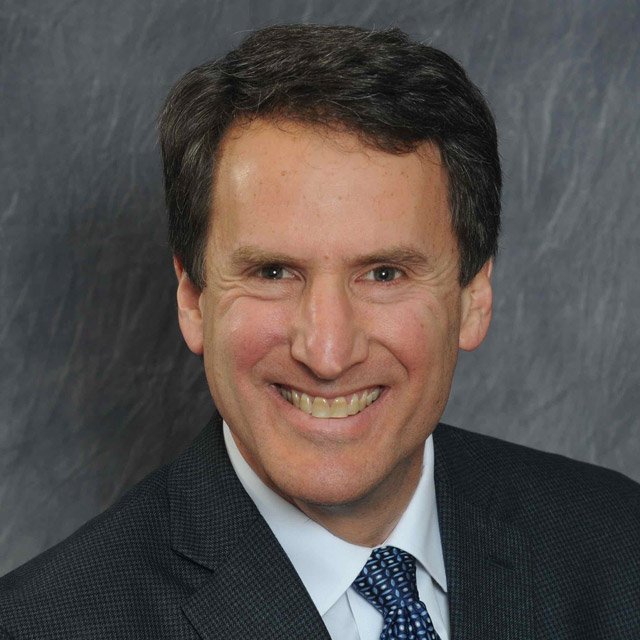Why Some Advisors Establish Donor-Advised Funds Now and Fund Later

For these reasons, nearly 20% of all DAF accounts established at the American Endowment Foundation last year were placeholder funds. If clients indicate that they may open a DAF account in a year or two, a placeholder fund is not appropriate, But if the funding will take place in the next several weeks or months, this can be a wonderful solution and save much time and frustration later.
The other type of DAF that is established in advance is the legacy DAF, though these are usually set up years in advance of the initial donation and are used as part of an estate planning strategy. While usually clients create and contribute to DAFs in their lifetime so they can engage their heirs in grantmaking, sometimes this is not possible and the legacy DAF is created in lifetime and often funded later or at death.
Many clients today open a legacy DAF and then name the fund as the charitable beneficiary of their IRA or other retirement accounts. This allows their heirs to make grants of the full amount in the retirement account without significant taxes being paid had the heirs first been the beneficiaries. Others supplement their DAFs that they’ve used in their lifetime with further funding after death. Many parents feel that charitable giving can help keep the family united after they die.
Some clients want to avoid naming specific charities as the charitable beneficiaries of their estate plans since they may be concerned that the designated charity may change its mission or leadership. By naming a DAF instead, they and their successor advisors have more flexibility in selecting the ultimate grantees. Some DAF sponsors allow financial advisors to continue to manage these DAF assets after their client’s death, which enables them to continue to work with the families on these and other accounts.
By opening these legacy DAF accounts, advisors are able to specify the DAF sponsor and account name and number in any estate planning, charitable trust or retirement account documents.
Though the vast majority of advisors and clients make their initial donations at the time they establish the DAF accounts, having these legacy and placeholder DAFs as options allows advisors to best help their charitably minded clients decide on the ideal timing of the donations when opening the accounts. Most donors continue to make donations over time to their DAF account after it is initially opened and funded, but often the largest donations are the initial ones.
The number of donor-advised funds will continue to grow as clients and their advisors see how these accounts help the clients have a greater impact on the issues that are of most importance to them. The last few years have demonstrated that DAF donors have not only increased their donations to their DAF accounts, but they have also significantly increased their grants from these accounts to charities in need of support.
Ken Nopar is vice president and senior philanthropic advisor for the American Endowment Foundation donor-advised fund. Founded in 1993, AEF is the leading independent DAF sponsor, working with 13,000 donors and their tax, wealth and legal advisors in all 50 states.




